As Germany prepares for its 2025 elections, Green Party’s Robert Habeck said he is open to talks with all parties for possible post-election coalitions.
Germany's Vice Chancellor Robert Habeck was at the Web Summit in Lisbon, discussing Germany’s political future as doubts grow about his own.
With elections set for February 23, following a deal between the SPD and CDU, Habeck has called for unity despite mounting political tensions.
"We shouldn't be ashamed to cooperate," said Germany's deputy leader.
"That's the basis of democracy, that people come together, that parties come together, share visions, find compromises and move forward," he added.
Habeck's Greens were part of the "traffic light" coalition, formed in 2021 with the SPD and the FDP, to lead Germany after Angela Merkel's era. However, deep ideological divisions, especially between the Greens and Liberals, ended the alliance after nearly three years.
With just over three months until the early parliamentary elections, Habeck says he is open to forming agreements with any party, across the entire political spectrum., saying "Anything is possible."
'Germany’s role is to help Europe unite'
Donald Trump's return to the White House has already caused a sharp drop in German economic confidence this November.
The president-elect has warned that he could impose tariffs of 10% to 20% on the European bloc. In response, Robert Habeck reminded that the US depends on the EU’s internal market.
Anticipating difficult times ahead, Germany’s vice chancellor stressed the importance of his country in maintaining European unity: "This is something that cannot be achieved without Germany, the largest economy in Europe."
“Those trying to undermine the image of Europe are also trying to destroy the possibility of freedom in Europe,” Habeck said, adding, “Germany’s role is to help Europe unite so it can effectively respond to the threats it faces."
Next weekend, Habeck is expected to win the internal race to become the Green Party’s candidate for chancellor, although his chances of leading the federal government remain slim.
The energy crisis sparked by Russia’s invasion of Ukraine forced him to abandon key environmental principles and rely on fossil fuels, which, alongside the economic recession, has led to a drop in his popularity.
Polls show the CDU leading with 32%, while the Greens trail far behind with only 9% to 11%. Even the SPD, polling at 16% — its lowest level since World War II — would struggle to wield influence in post-election negotiations to form a government.

 4 months ago
42
4 months ago
42
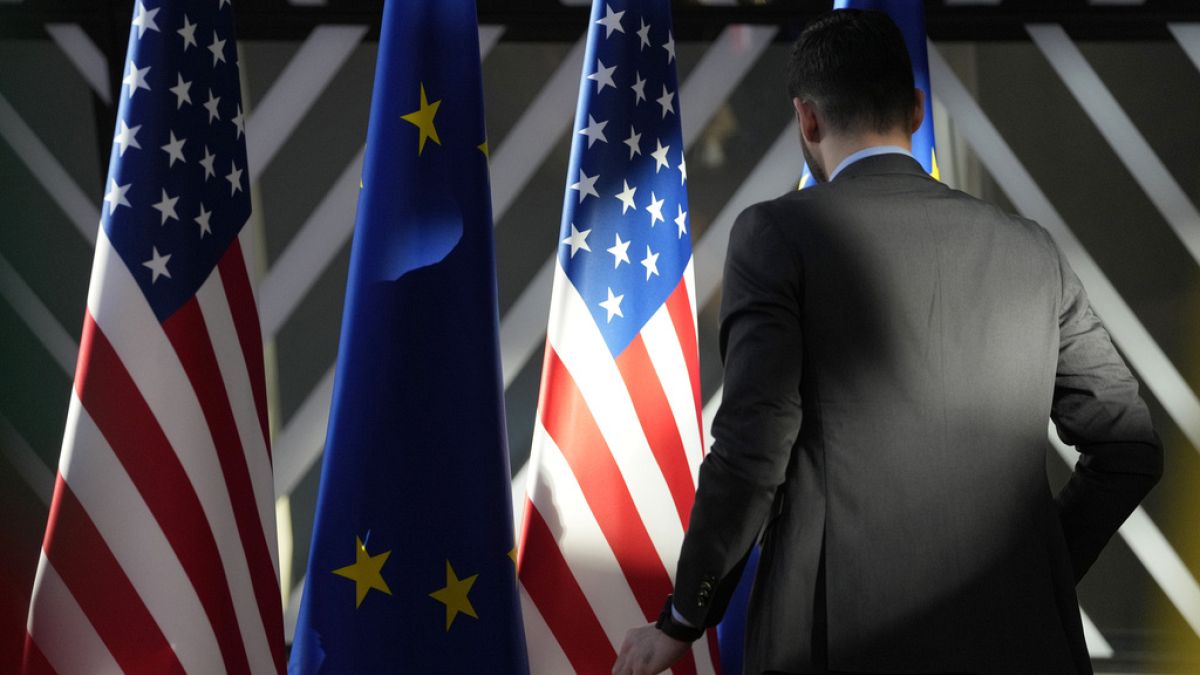
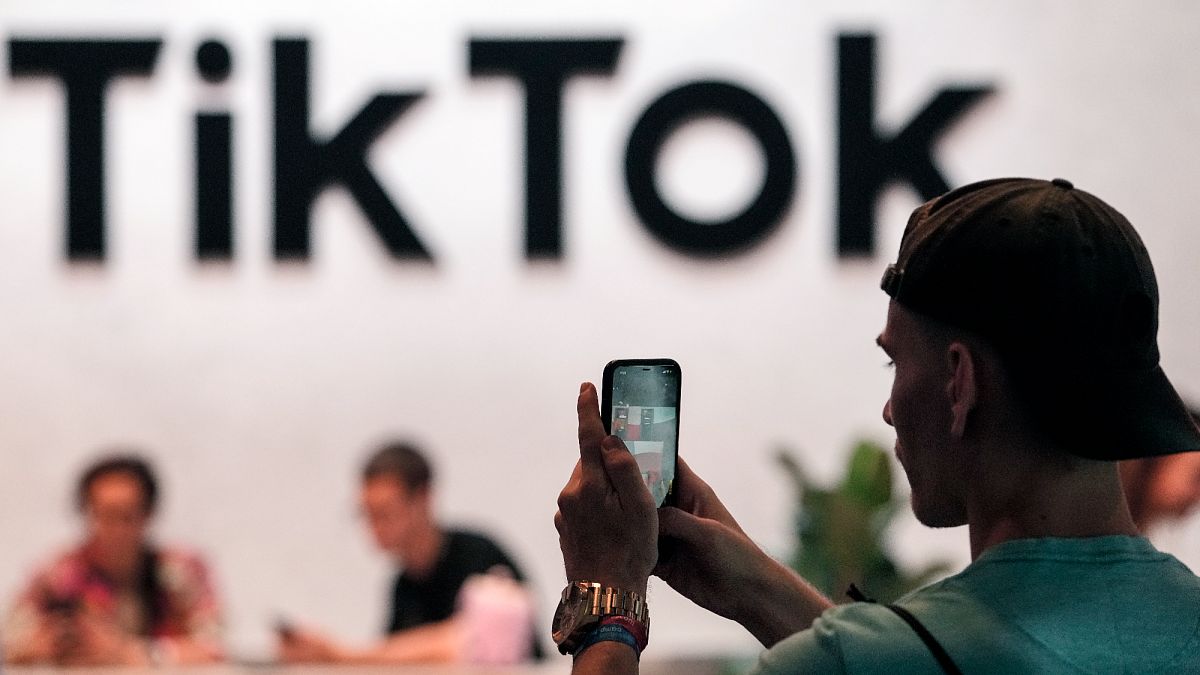

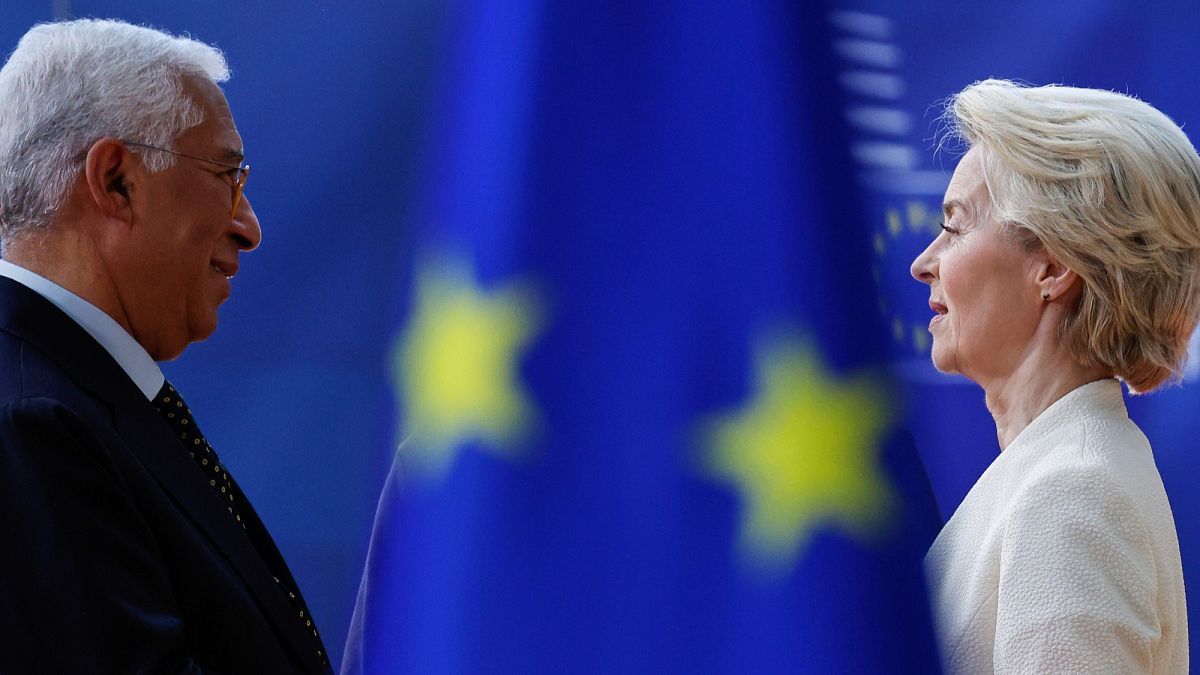
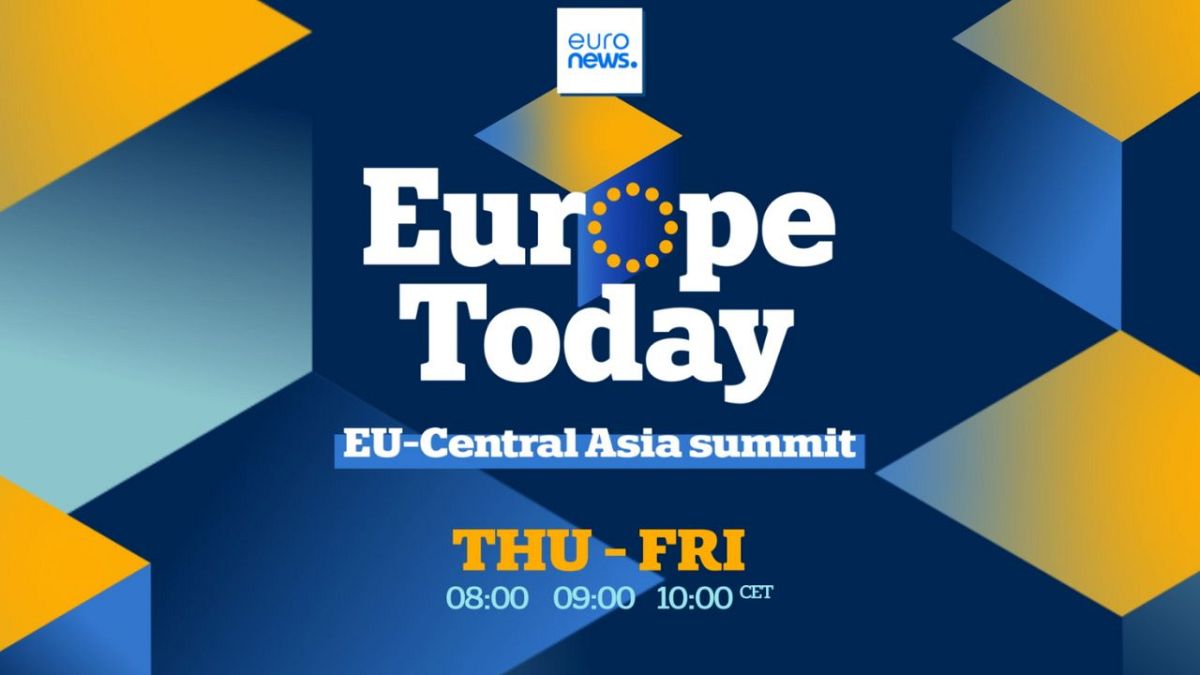
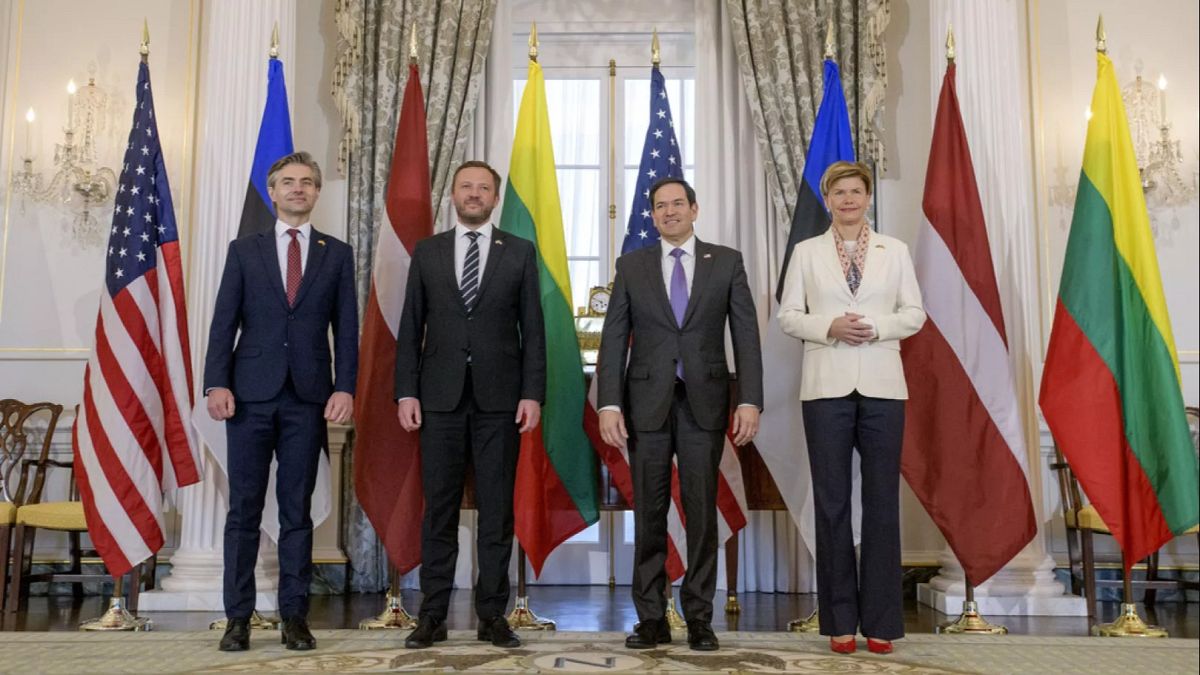
 We deliver critical software at unparalleled value and speed to help your business thrive
We deliver critical software at unparalleled value and speed to help your business thrive






 English (US) ·
English (US) ·